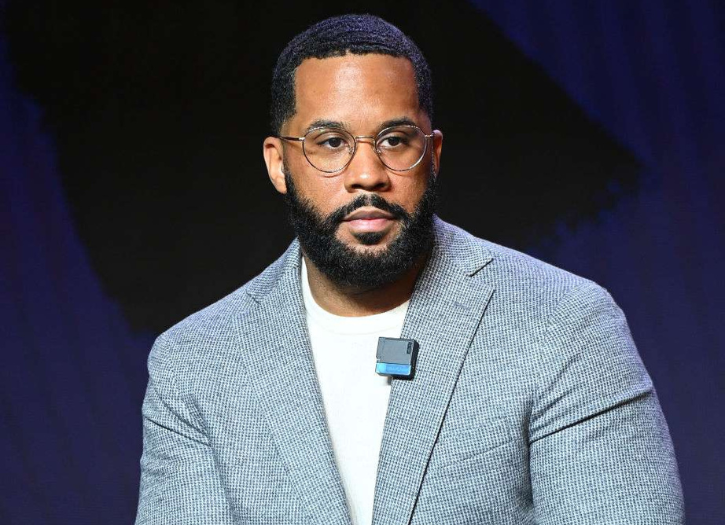Ian Dunlap is one of the greatest investors of our generation, and he’s here to spread his knowledge and wisdom to audiences all around the world. Deemed as “The Master Inventor,” the East Chicago native boasts one of the highest win percentages and success ratios in the country.
Dunlap is founder of Red Panda Academy, an online investing academy providing market research and insights. The club utilizes custom formulas and algorithms that identifies how to get safe returns whether the market is booming or in a crash. Additionally, Dunlap hosts his own podcast called Market Mondays on the Earn Your Leisure network, even bringing the series to life with a World Tour hitting selling out Los Angeles, Toronto, London, Chicago and Ghana.
What is your key advice for a beginner getting into investing?
#1, decide how much money you want to put away towards investing every month. That’s the first thing you have to pay. COVID proved this: if you’re paying your cable bill or insurance and you get into a bind, your insurance company is never going to give you anything back. This is literally the art of paying yourself first. I’ve even told this to some executives. If a small amount like $4 million was invested in Apple in 2001, if Ruff Ryders or Roc-A-Fella or Murda, Inc. had gone up, today they’d have $3.5 billion in cash. Meanwhile, Apple built its entire company off the back of creatives. Everyone who was using Pro Tools or Photoshop, and most creatives don’t invest in it, it’s one of the biggest mistakes.
#2, decide how much money you want to put away every month for companies you love, and stick with those for 10 years. #3, don’t get caught up in the hype. When NFTs came out, a lot of cryptos came out in 2020, they were very appealing. I always say: if it sounds like a drug deal going wrong — “bro I gotta wait for you to make a quick $50K” — chances are it’s not a good investment. Because never in history has a financial institution came to the people that were not in the 1% and given the blueprint on how to make money really fast.
Talk about male and female relationship roles, as it pertains to finances in dating and marriage. Should guys always pay first?
It’s more important for women to know how to invest because women are better investors than men for this reason. Normally when men get a lot of money, they spend it on items to show off or to get other women. When women get money, it’s usually put back into the community, or they’re helping their family. Even let’s say SavagexFenty goes public, which one day she will and Rihanna will add billions to her portfolio. Even a company like e.l.f., which is a cosmetic line, is a good choice. Target, women know what brands are hot already. Any place you tend to frequent where there’s a lot of women, there’s usually a good investment opportunity there as well.
That’s why I focus a lot more on women, on trying to empower them because you guys are the leaders of our community. You’ve seen it: $300K, you go buy a bussdown and get a car. Won’t even think to get life insurance. But I’ve seen women in business run up a bag and put a great percentage into stocks, real estate and growing their business so they can help their community.
More women should ask to see a man’s credit score, and what investments he has before you get the date #2. I know it’s controversial, but it would lead men and force men to do better financially, to be better stewards of their money and financially stable as a requirement.
What do you look for in a financially sound potential date?
#1 is peace. If you don’t have peace in a relationship, it ends up disturbing the flow of money or how well the business grows. Are you managing your own? Are you consistently investing? Are you not spending money on frivolous things? Of course, everyone’s entitled to have fun, but some people go too far trying to show off the Gram. If I see a person who’s always or excessively seeking validation on social, there’s a correlation with their spending habits and that’s a no-go for me.
Third, are you working on something you’re passionate about? It’s not really about the money when it comes to that peace equation, people are a lot more fulfilled when they’re working on projects that they care about. Opposed to working a job just to get by.
Photo Credits: Courtesy Of Ian Dunlap







Add Comment